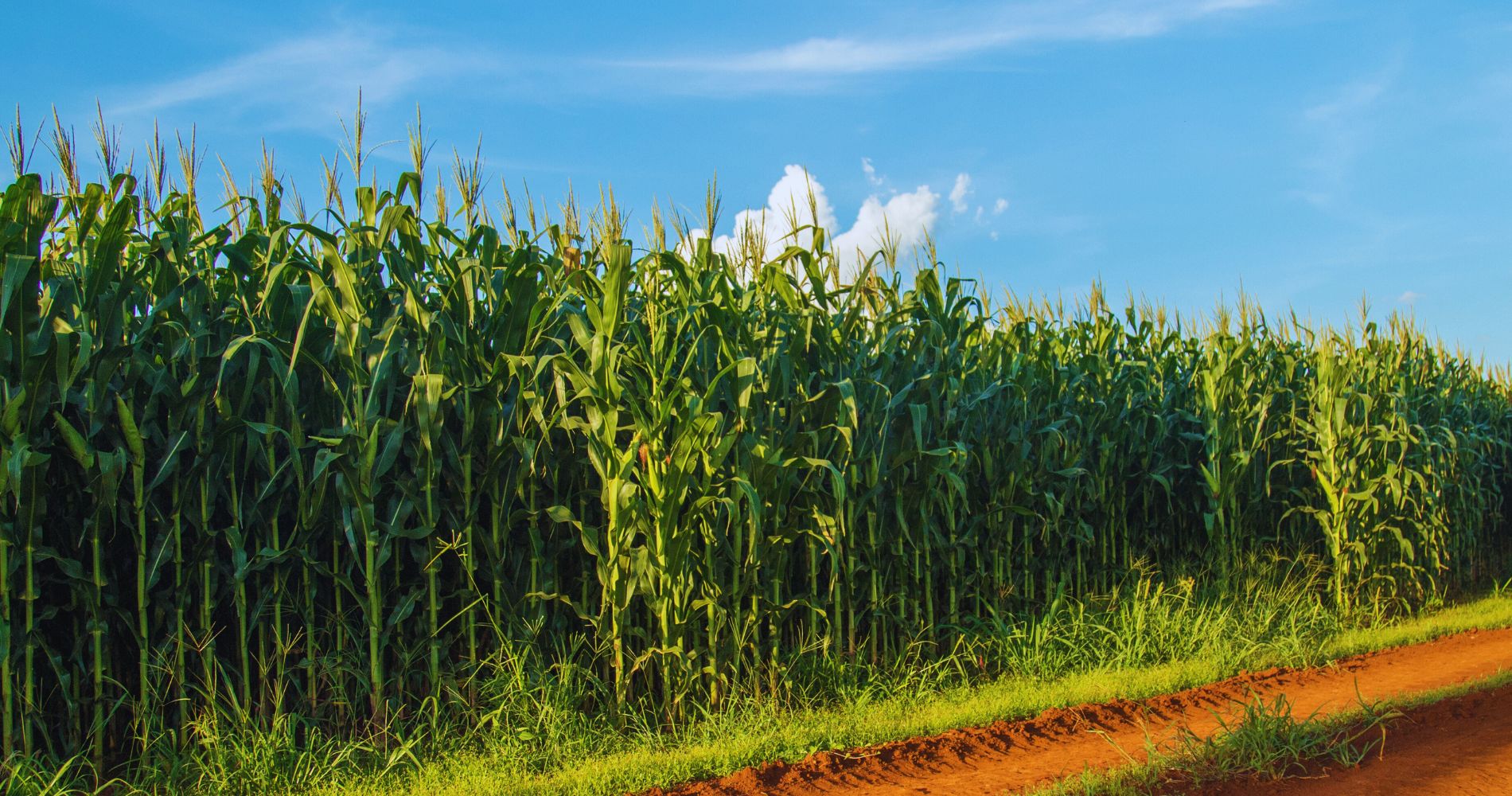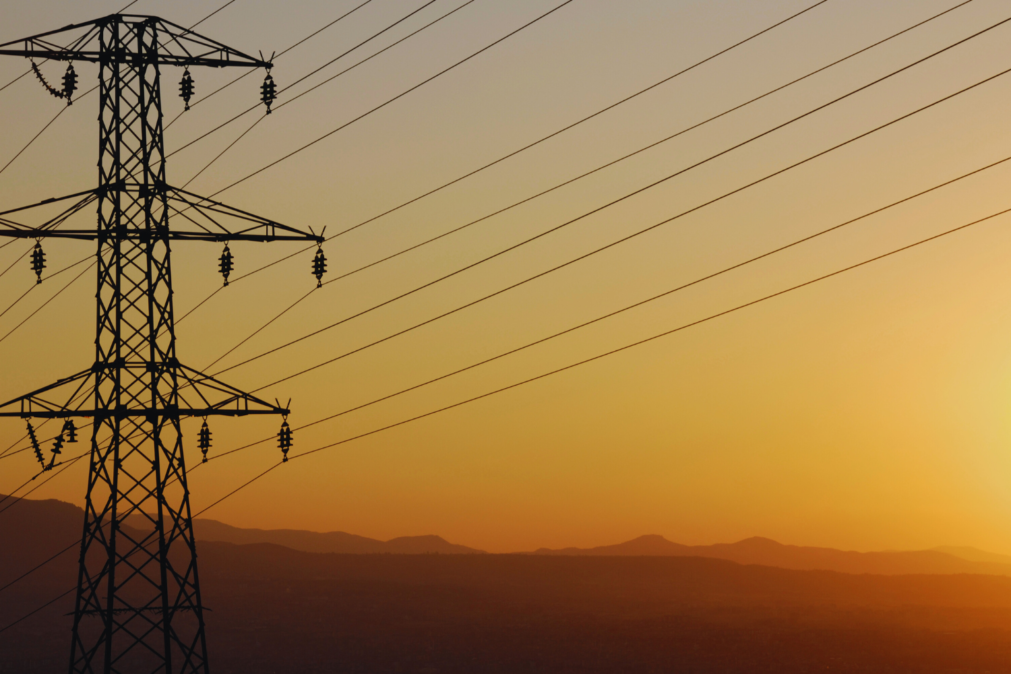Brazil, recognized for its global leadership in the bioenergy sector, has invested substantially in the exploration of renewable resources as part of its commitment to sustainable development and the reduction of carbon emissions. Bioenergy, derived from biological resources, plays a crucial role in the country’s energy matrix, contributing significantly to energy diversification and national energy security.
Brazil’s wealth of natural resources, including its vast biodiversity and large tracts of agricultural land, provides a solid foundation for bioenergy production. The use of agricultural byproducts, such as sugar cane, soybeans, and forest residues, for the production of biofuels, such as ethanol and biodiesel, exemplifies the integration between agriculture and energy, promoting a circular and sustainable economy.
Sugarcane ethanol, in particular, is a highlight in Brazil’s bioenergy portfolio. The country is the second largest producer of this biofuel in the world, which is used both domestically and exported. In addition to reducing dependence on fossil fuels, ethanol contributes to reducing greenhouse gas emissions, aligning with global and national environmental objectives.
Another significant advance is the development of biogas, produced by the decomposition of organic matter. The increasing implementation of biodigesters in rural and urban areas reflects the potential of biogas as a source of clean and renewable energy, capable of generating electricity, heat and fuel for vehicles. This energy diversification not only strengthens Brazil’s energy security, but also contributes to sustainable waste management.
Brazil’s commitment to bioenergy is evidenced not only by robust infrastructure and supporting legislation, but also by active participation in international agreements aimed at sustainability and reducing carbon emissions. The country’s position as a leader in the bioenergy sector reinforces its role on the global stage as a promoter of clean and renewable energy solutions.
Bioenergy therefore represents a cornerstone in Brazil’s sustainable development strategy, offering a viable path for the energy transition, combating climate change and promoting energy security. As Brazil continues to expand and diversify its energy matrix, bioenergy will remain an essential component to achieving a more sustainable and resilient future.
Recent Advances and Market Potential
In recent years, Brazil has witnessed significant growth in the bioenergy sector, marked by technological innovations and a progressively favorable regulatory environment. The evolution of the sector is a direct response to demands for cleaner and more sustainable energy solutions, reflecting the country’s commitment to sustainable development objectives and reducing its carbon footprint.
The market potential for bioenergy in Brazil is vast and diverse, ranging from the production of biofuels, such as ethanol and biodiesel, to the development of biogas and energy from biomass. This diversity not only highlights Brazil as a global leader in bioenergy, but also signals the country’s ability to meet a significant portion of the demand for renewable energy in the future.
Significant investments have been directed towards expanding production capacity and researching and developing new technologies. Government initiatives, such as RenovaBio, aim to stimulate the production and use of biofuels, ensuring the environmental, economic and social sustainability of the sector. This program, in particular, demonstrates Brazil’s commitment to the energy transition, establishing clear targets for reducing emissions and promoting biofuel certification based on sustainability criteria.
The demand for bioenergy in Brazil is driven not only by the need to diversify the energy matrix and reduce greenhouse gas emissions, but also by the recognition of its potential to generate economic and social development. The bioenergy sector creates employment opportunities, fosters technological development and contributes to the country’s energy security.
However, for Brazil to maximize its potential in the bioenergy market, it is essential that it continues to invest in infrastructure, research and development, and in the creation of a regulatory environment that favors investment and innovation. Collaboration between the public sector, industry and research institutions will be key to overcoming technical and economic challenges, allowing the country to not only meet its domestic demand for renewable energy, but also establish itself as a major player in the global energy market. bioenergy.
Regulatory Challenges and Barriers
Brazil’s path towards the expansion of bioenergy is not free from obstacles. Significant challenges remain, especially with regard to regulatory barriers and operational hurdles that could slow the sector’s growth. The complexity of Brazilian legislation, together with the need for more tax incentives and adequate financing, are critical points that require attention.
Regulation, despite being an essential instrument to guarantee market security and efficiency, can also represent an obstacle to the development of bioenergy in Brazil. The bureaucracy involved in obtaining licenses and the slowness in adapting public policies to new technologies can inhibit investments and discourage new entrants into the market.
Furthermore, regulatory fragmentation among Brazilian states poses an additional challenge, creating an environment of uncertainty for investors. The lack of an integrated and coordinated energy policy between different levels of government can lead to inefficiencies and delay the exploitation of the full potential of bioenergy in the country.
To overcome these challenges, it is essential that Brazil continues to work on simplifying and harmonizing regulations, promoting a more favorable environment for investment. The implementation of public policies that encourage innovation and technological development, together with more accessible financing mechanisms, are key steps to unlocking the potential of bioenergy.
Collaboration between the public and private sector is also crucial to overcome regulatory barriers. Strategic partnerships can facilitate knowledge sharing, risk reduction and the development of infrastructure needed to support bioenergy expansion. Furthermore, engagement with stakeholders, including local communities and environmental organizations, can promote a more inclusive and sustainable energy transition.
The Role of Bioenergy in Sustainability and Decarbonization
Bioenergy emerges as a fundamental pillar in Brazil’s sustainability and decarbonization strategy. Due to its ability to significantly reduce greenhouse gas emissions, bioenergy is vital to achieving the country’s environmental goals and meeting its international commitments. In addition to contributing to the mitigation of climate change, bioenergy supports the conservation of biodiversity, the recovery of degraded areas and the generation of green jobs, promoting sustainable economic development. The integration of bioenergy policies with circular economy and agroecology initiatives can enhance environmental and social benefits, making Brazil a global example of clean and renewable energy production.
Future Perspectives and Public Policies
The future of bioenergy in Brazil is promising, with expectations of technological advances, expansion of production and diversification of bioenergy sources. To sustain this growth, it is crucial to implement robust public policies that encourage innovation, sustainable development and the integration of bioenergy into the national energy matrix. Initiatives aimed at improving energy efficiency, supporting research and development, and creating a supportive regulatory environment are essential to fully harness the potential of bioenergy. International collaboration will also play a key role, bringing investments, advanced technologies and best practices that can accelerate Brazil’s energy transition to a greener and more sustainable future.
Future perspectives indicate that, with appropriate public policies and cooperation between the public and private sectors, bioenergy can consolidate itself as one of the main sources of renewable energy, contributing significantly to the country’s sustainability and economic development objectives.




